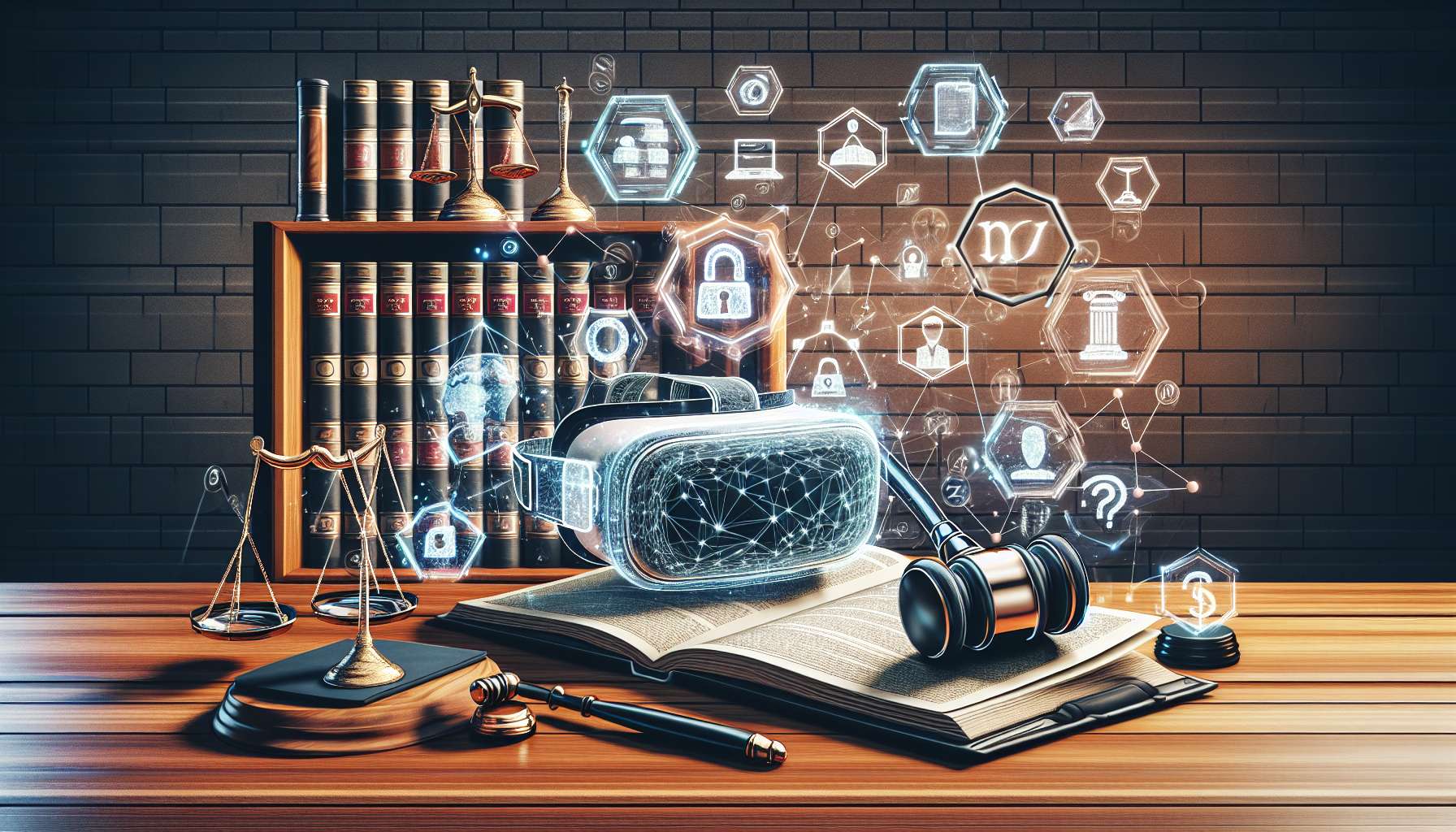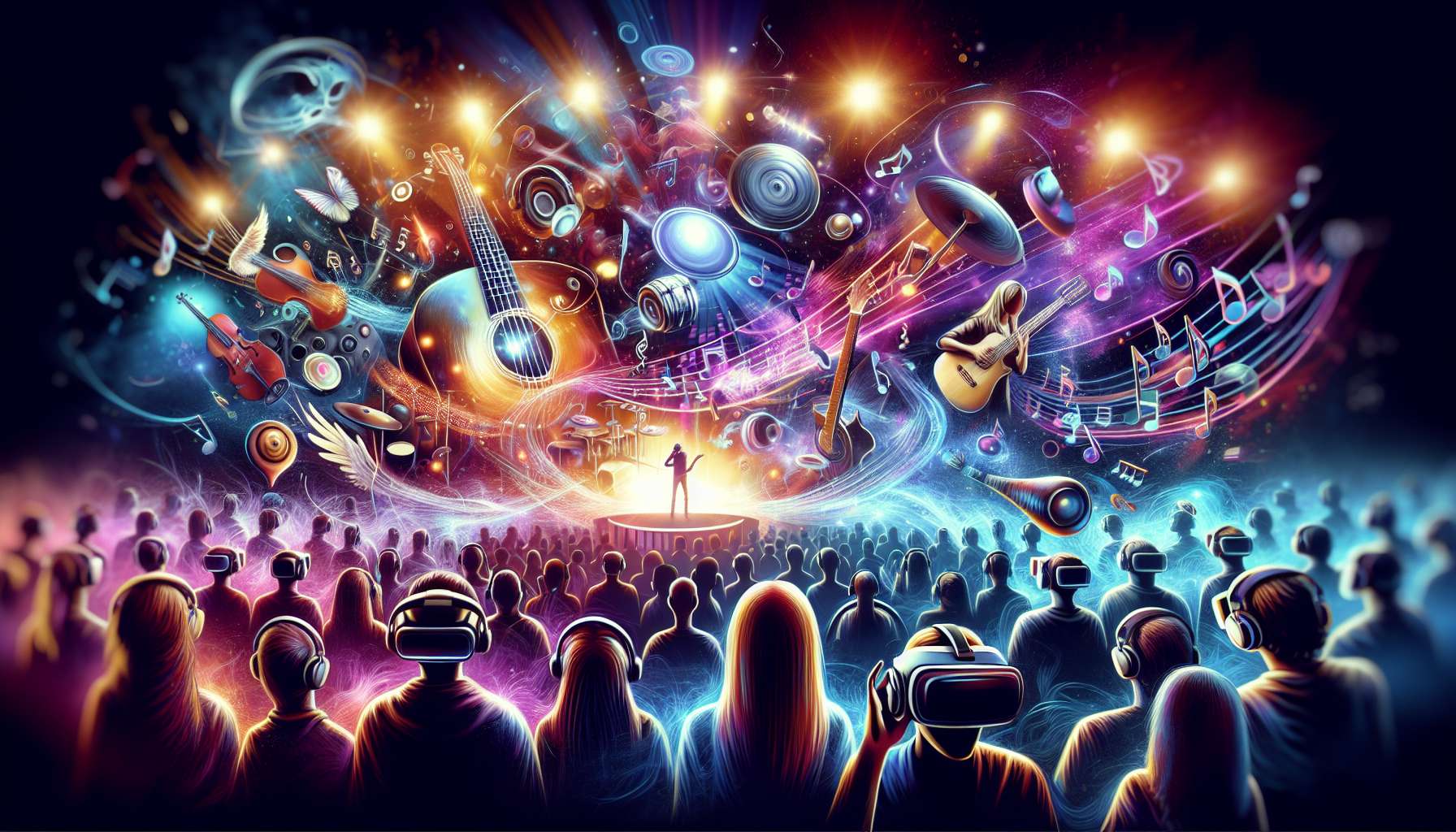The Legal Implications of AR and VR: Privacy and Copyright Concerns
Augmented Reality (AR) and Virtual Reality (VR) technologies have rapidly advanced in recent years, revolutionizing various industries such as gaming, entertainment, and education. However, as these technologies become more prevalent in our daily lives, it is crucial to consider the legal implications they bring, particularly in terms of privacy and copyright concerns.
Privacy Concerns
AR and VR technologies have the potential to collect vast amounts of personal data, raising significant privacy concerns. When users engage with AR or VR applications, their actions, movements, and even biometric data can be captured and stored. This data can include sensitive information such as location, facial expressions, and physiological responses.
One major concern is the potential for unauthorized data collection and sharing. Companies developing AR and VR applications must ensure that they obtain proper consent from users and clearly communicate how their data will be collected, used, and protected. Failure to do so could result in legal consequences, including fines and reputational damage.
Additionally, there is a risk of data breaches and hacking. As AR and VR technologies become more interconnected with the internet and other devices, the potential for unauthorized access to personal data increases. Companies must implement robust security measures to protect user data and prevent breaches.
Copyright Concerns
AR and VR technologies have the ability to overlay virtual content onto the real world or create immersive virtual environments. This raises copyright concerns, as copyrighted materials may be incorporated without proper authorization or licensing.
For example, in AR applications, virtual objects or characters may be placed in real-world locations, potentially infringing on the intellectual property rights of the original creators. Similarly, in VR environments, copyrighted music, artwork, or other protected content may be used without permission.
To mitigate copyright concerns, developers and content creators must obtain the necessary licenses and permissions for any copyrighted materials used in AR and VR applications. Additionally, they should implement measures to prevent users from uploading or sharing copyrighted content without authorization.
Legal Framework and Future Considerations
The legal framework surrounding AR and VR technologies is still evolving, and regulations may vary across jurisdictions. As these technologies continue to advance, lawmakers and regulatory bodies are grappling with the challenges they present.
It is essential for companies and individuals involved in the development and use of AR and VR technologies to stay informed about the legal landscape and comply with applicable laws and regulations. This includes keeping up with privacy laws, data protection regulations, and copyright laws.
Furthermore, as AR and VR technologies become more integrated into our daily lives, it is crucial for users to be aware of their rights and take steps to protect their privacy. This includes understanding the permissions requested by AR and VR applications and being cautious about sharing personal information.
Conclusion
AR and VR technologies offer exciting possibilities for innovation and immersive experiences. However, it is important to address the legal implications they bring, particularly in terms of privacy and copyright concerns. By proactively addressing these issues, developers, content creators, and users can ensure that AR and VR technologies are used responsibly and ethically.








